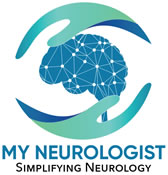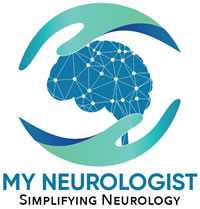This is a particular type of pain syndrome causing pain in the back of the head and neck, usually one-sided.
What are the symptoms of occipital neuralgia?
It causes pain in the nape of neck or the back of head, usually one-sided. Pain can be sharp shooting type, at times like electric jabs, usually triggered by a stressful situation, and usually not associated with any other symptom. Pain radiates from the back of the head to the top, sometimes also in in the eye. Some patients may also have photophobia. Sometimes neck movement can make the pain worse.
What is the problem in occipital neuralgia?
In the back of head and neck, there are muscles attaching the head to the back. There are also nerve piercing through these muscles traveling to the head. This condition is caused by stiffness or spasm of these muscles, usually be stress, tension, or injury. When the muscles are stiff, the nerves passing through are stretched resulting in this pain syndrome. There are multiple nerves in that area, named as greater and lesser occipital nerves, and greater and lesser auricular nerves. Depending upon which nerve is stretched, and most commonly the greater occipital nerve is trapped, pain may be felt close to the middle of the back of head or closer to the ear.
What is the cause of occipital neuralgia?
Usual causes involve emotional stress, local trauma, whiplash type of injury, and underlying neck arthritis. This condition is also common in patients with migraine and cluster headache syndrome.
How is occipital neuralgia diagnosed?
It is diagnosed by its typical symptoms and physical examination. Palpation of the location of occipital nerve may reproduce the pain or make it worse. A diagnostic neve block can also help to make the diagnosis.
How is occipital neuralgia treated?
First thing is to educate and reassure the patient that the pain is coming from the structures outside the head and neck, not inside. Light massage of neck muscles can help. Medicines like gabapentin are usually tried, but seldom work. Regular pain medicines like NSAIDs may also not work. It responds better to an injection of local anesthesia and long-acting steroid, the so-called nerve block. The block also helps to confirm the diagnosis. I perform the block if patient is actively having significant pain, as, if the diagnosis is correct, pain should dissipate right after the injection. Other than injection, attention should be paid to treating underlying conditions, e.g., anxiety, depression, fibromyalgia, migraine or cluster headaches. In chronic cases, a TENS unit is another option. Acupuncture may also help.
Where can I get more information about the occipital neuralgia?


Leave a Reply
Your email is safe with us.
You must be logged in to post a comment.